Aug 26th 2019
Why do we say Merry Christmas and not Happy Christmas?
Where Does Merry Christmas Come From?
While there are indications ‘Merry Christmas’ was used as far back as the 1500s, the phrase was not popular until 1843, when two things happened. One, Charles Dickens’ A Christmas Carol was published. The novella (that’s right, a novella before it was a play) was incredibly popular and the celebratory salutation was used throughout. The Victorian public took the phrase to a new level of popular usage.Two, the very first commercial Christmas card was circulated. The message of ‘Merry Christmas and Happy New Year’ goes far in explaining the use of merry, as any marketing editor will tell you, Happy Christmas and Happy New Year doesn’t have the snap of a successful holiday expression.

Who Uses ‘Happy’ Christmas?
With the influences of commercial cards and a ridiculously popular story transforming usage, why is ‘Happy’ Christmas still used? Apparently the Queen of England is the cause. Her annual Christmas message uses the phrase, and all official royal announcements do as well. She apparently prefers the content condition of happy to the boisterous behavior of merry. So Britain and numerous Commonwealth countries, notably Australia, use ‘Happy Christmas’ to this day.
Watch Your Commas
One use of merry that inspired Dickens was in the carol God Rest Ye, Merry Gentlemen. Except the comma is in the wrong place! The correct writing is God Rest Ye Merry, Gentlemen, meaning God keep you in prosperity and health, rather than God make you take a nap. And there is something to be said for the call to ‘merry-making’ in the phrase as opposed to the admonition merely to be ‘happy’.

Merry Christmas For All
The secularity of many modern Christmas traditions coupled with the widespread popularity of the holiday has made Christmas a time of joy and celebration for anyone who wishes to have it, Christian, non-Christian, and atheist alike. Perhaps that alone warrants the special case use of ‘merry’ in Merry Christmas, which is as special a holiday as holidays can get.


 Business
Business
 Personalized
Personalized
 Holiday
Holiday
 Customer
Customer
 Bulk
Bulk
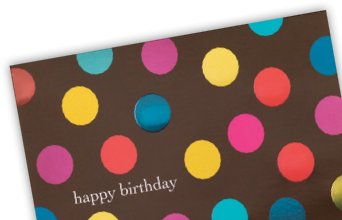 Birthday
Birthday
 Thank You
Thank You
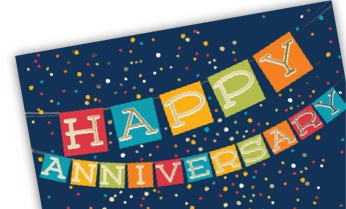 Anniversary
Anniversary
 Sympathy
Sympathy
 Retirement
Retirement
 Christmas
Christmas
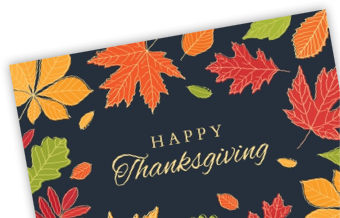 Thanksgiving
Thanksgiving
 New Year
New Year
 Hanukkah
Hanukkah
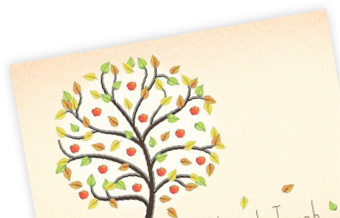 Rosh Hashanah
Rosh Hashanah
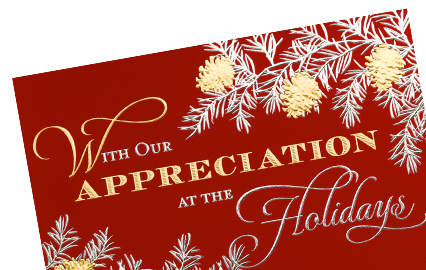 Appreciation
Appreciation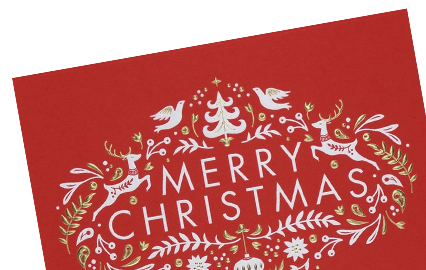 Merry Christmas
Merry Christmas Happy Holidays
Happy Holidays Seasons Greetings
Seasons Greetings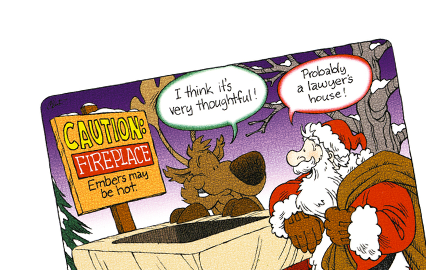 Funny Cards
Funny Cards Religious
Religious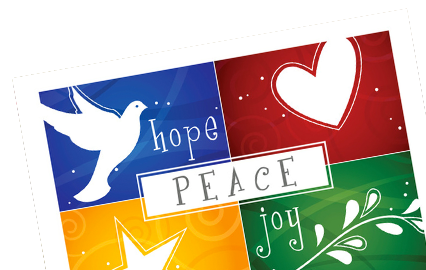 Peace
Peace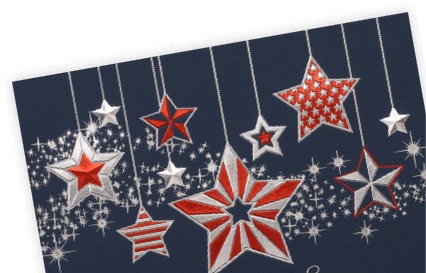 Patriotic
Patriotic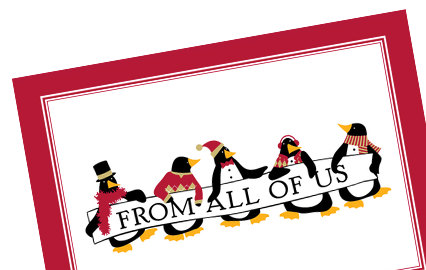 Accounting
Accounting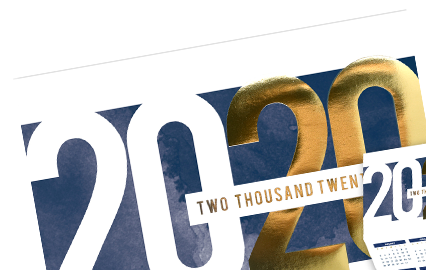 Finance
Finance Photo Cards
Photo Cards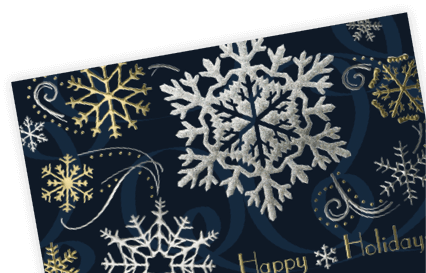 Foil Cards
Foil Cards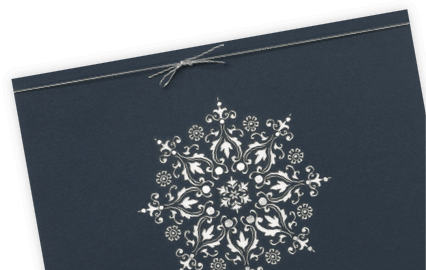 Laser Cut Cards
Laser Cut Cards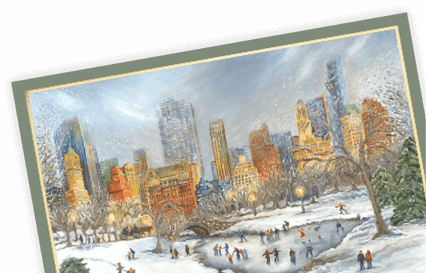 Die Cut Cards
Die Cut Cards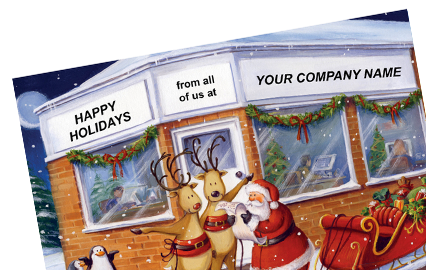 Front Imprint
Front Imprint Recycled Cards
Recycled Cards New York
New York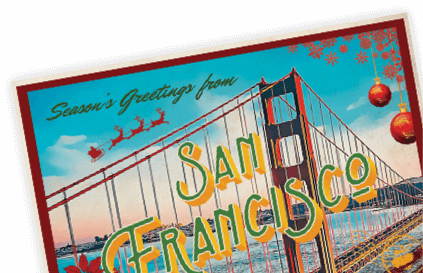 San Francisco
San Francisco Chicago
Chicago Los Angeles
Los Angeles Houston
Houston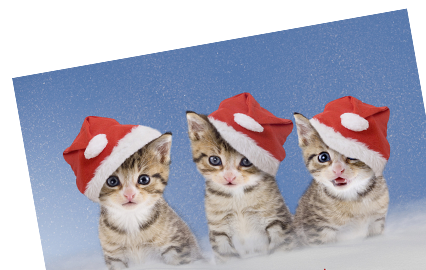 By Animal
By Animal Christmas Tree
Christmas Tree Western/Southwestern
Western/Southwestern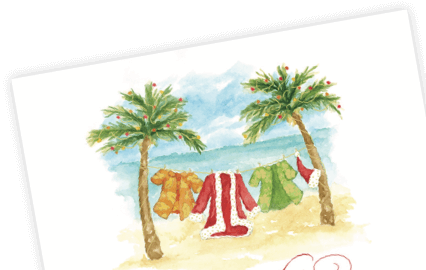 Tropical/Beach
Tropical/Beach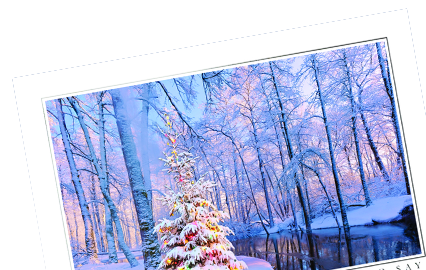 Winter Scenes
Winter Scenes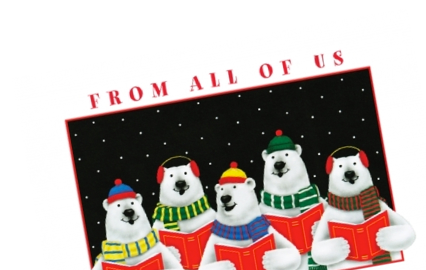 Budget Cards
Budget Cards Legal
Legal Construction
Construction Real Estate
Real Estate Trucking
Trucking Accounting
Accounting Holiday Phrases
Holiday Phrases









 Fully Custom
Fully Custom  Friendly
Friendly A portion of every card purchased is donated to charity.
A portion of every card purchased is donated to charity.
 Proudly Made
Proudly Made